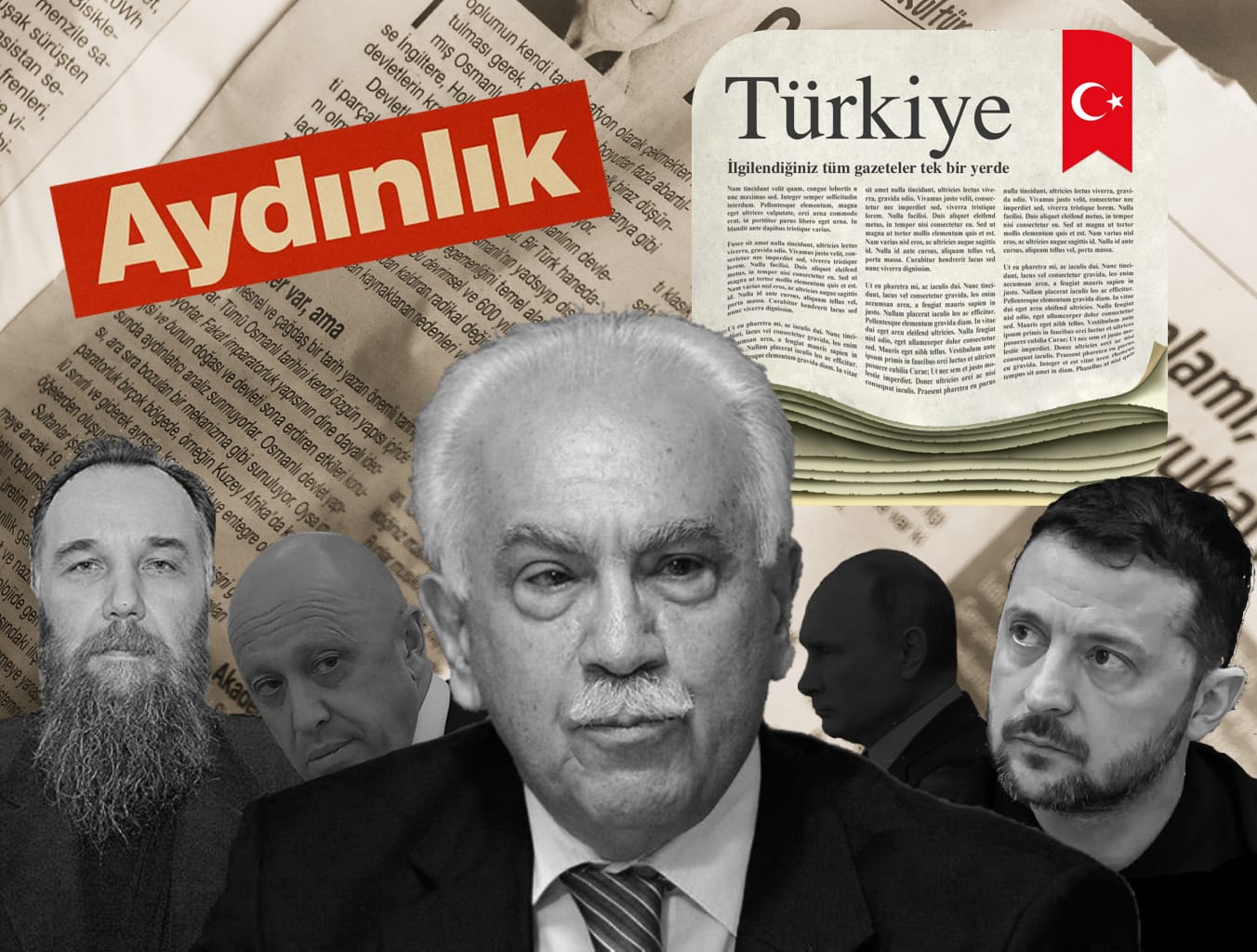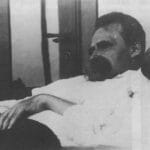In August 2025 Russian media and Russian-speaking social network users reported the discovery of a corruption scheme in Ukraine: allegedly people from the inner circle of the country's President Vladimir Zelensky monthly transfer about $50 million to company accounts in the UAE. The primary source of the news was the Turkish newspaper Aydınlık, which is not the first to share “exclusives” from Ukraine, which, by a surprising coincidence, reflect the Kremlin narratives. “Verified” tells how the publication’s articles regularly attract the attention of their Russian colleagues and how it is connected with Dugin and the “troll factory.”
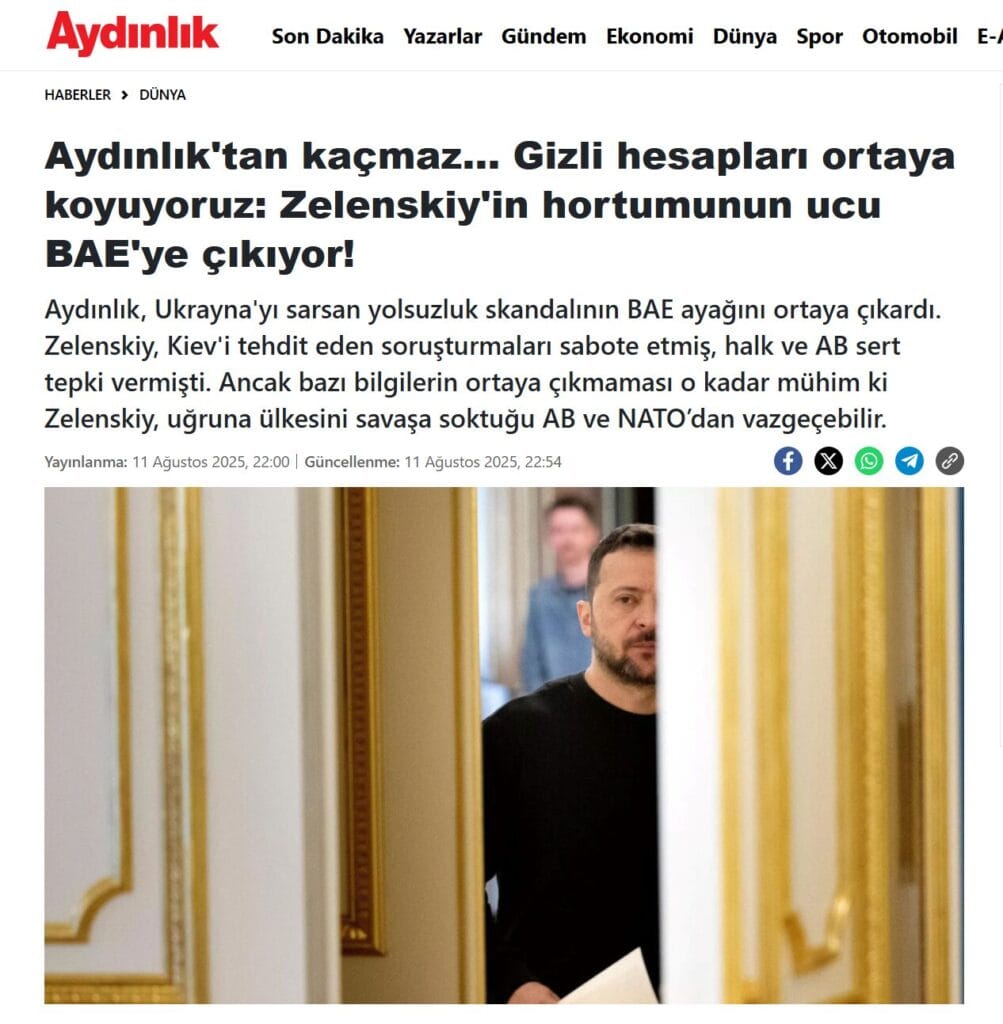
Was there a plan?
“Aydınlık has received shocking information from those in Ukraine who are concerned about Zelensky’s corruption scheme. Among the details that will be presented to the world community for the first time are the account numbers to which the money was transferred,” it says in an article published on the newspaper's website on August 11. Journalists claim: “Zelensky’s inner circle transferred about $50 million monthly to the accounts of two companies associated with Andrei Gmyrin, the alleged manager of corrupt funds.” The news was circulated TASS, RBC, "Komsomolskaya Pravda"and other Russian publications.
Aydınlık’s note provides the license numbers of two companies registered in the UAE: GFM Investment Group LLC and Gmyrin Family Holding Limited - as well as the bank account of the first of them. Both of these companies exist, their license numbers are contained in UAE National Economic Register. From it you can find out that GFM Investment Group LLC received a license in 2021 in Dubai, and Gmyrin Family Holding Limited - in the same year in the emirate of Ras al-Khaimah. The first company is engaged in investments, the second is in the management of holding assets.

However, in the Aydınlık publication there is no other evidence of the corruption scheme that the publication allegedly uncovered, in particular its detailed description, a list of all participants in the chain and confirmations of transfers. The specific source who told reporters about the withdrawal of money from Ukraine to the UAE was not even named.
Andrey Gmyrin, whom the Turkish newspaper calls an important participant in the corruption scheme, is a former consultant to the Ukrainian State Property Fund; before that, he worked for several years in the structures of the Ministry of Internal Affairs. At one time Gmyrin became involved in a criminal case on laundering UAH 10 billion. In 2022, he fled abroad and was put on the wanted list (but still regularly becomes hero of more and more journalistic investigations). Although in 2021 some Ukrainian media called Gmyrin is the new “decider” of the Office of the President of Ukraine “for alcohol, cigarettes, envelopes and the tax office,” “Verified” could not be found in open sources confirming that he is part of Zelensky’s inner circle.
Not again, but again
Having analyzed other publications by Aydınlık, you can see that the publication regularly publishes exclusive investigations based on some secret documents, anonymous messages on WhatsApp or leaks of official correspondence of employees of the Security Service of Ukraine (SBU). It is unclear where the Turkish newspaper got access to such data, but Russian media willingly share it, presenting Aydınlık as an independent foreign source and not bothering to double-check their “exclusives.”
For example, in May 2022, the newspaper published material that Ukraine blocked Turkish ships in Odessa, thus creating a “human shield” in case of an assault on the city by Russian troops. Some sources in Kyiv allegedly reported this to the publication. The news was spread RT And RBC, and subsequently refuted Ukrainian fact checkers. A month earlier, Aydınlık released material about the massacre in Bucha, which was soon quoted by Russian publications “Diplomat.ru" And EADaily. Based on the conclusions of unnamed researchers, the newspaper denied the involvement of the Russian military in the massacre of civilians, pointing to “errors” in the recently published investigation The New York Times, which was based on satellite imagery.
The same picture is observed in 2025. For example, in July Turkish media told that SBU officers entered the building of a certain European diplomatic mission in Nikolaev and discovered how “the representative office was used by foreign intelligence services to artificially incite crises in the region.” The source of this information is an internal memo from the SBU, which was obtained by the publication (the publication was reprinted TASS, Lenta.ru And Ura.ru). The memo allegedly states: “SBU Lieutenant Colonel Vladimir Bezruk received technical access to the premises of one of the European diplomatic missions in the city of Nikolaev.” Further in the article, possible diplomatic missions are named that could have been subject to that same technical penetration: the representation of the European Union in Ukraine (EEAS) and the EU Advisory Mission to Ukraine (EUAM). However, EEAS only has a representative office in Kyiv, while the EUAM mission has offices in Kyiv, Odessa and Lviv. There are only honorary consulates in Nikolaev Denmark And Lithuania. Then, in July, based on “secret documents of the SBU”, Aydınlık allegedly found out about Kyiv’s concealment of a failure in the operation of the nuclear power plant, which the Russian audience was told about RBC And Lenta.ru.
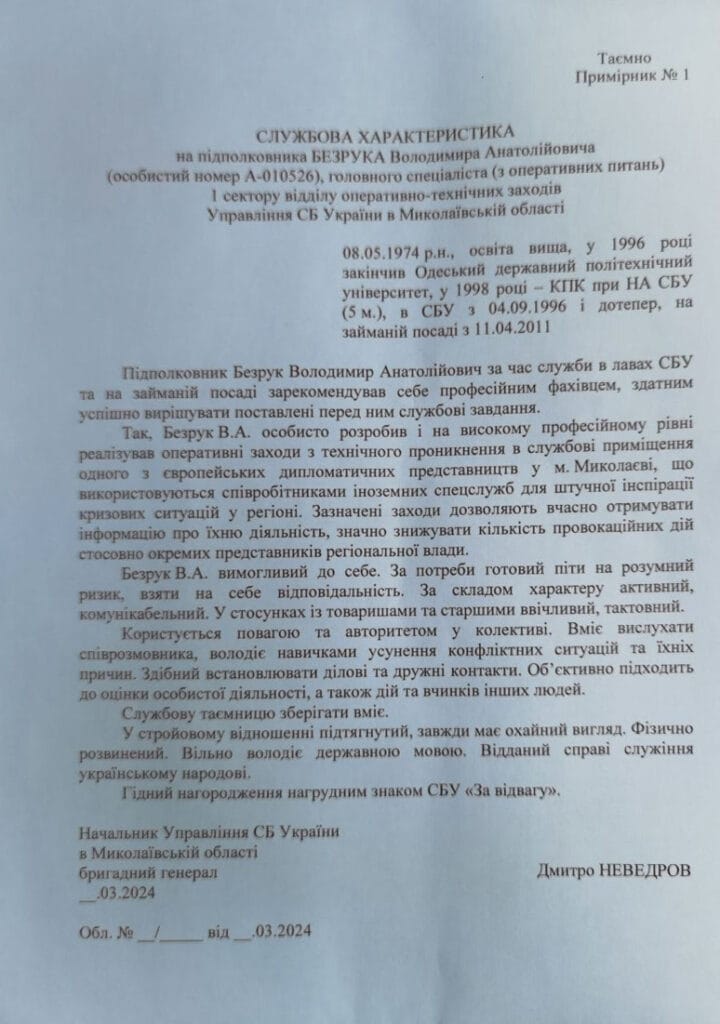
At the same time, the newspaper is not one of the largest and most authoritative in the Turkish media environment, so the likelihood that it actually managed to acquire high-ranking informants in the Ukrainian intelligence services or gain access to government leaks is extremely small. However, the appearance on its pages of apparently completely fictitious exclusives becomes more understandable if you take a closer look at the history of the publication and its current owners.
Illustrative story
Aydınlık was founded in 1921, as the first socialist newspaper of the Ottoman Empire, it became the official press organ of the Turkish Communist Party and published articles by prominent left-wing intellectuals. The newspaper was banned in 1925, but in 1968 it restarted activist Dogu Perincek. Under him, Aydınlık became the monthly magazine of the Workers' Party of Turkey, adopting a pro-China and pro-Maoist stance. Edition closed due to military coups (first in 1971, then in 1980), but in 1993 it was revived again - as a weekly newspaper. In 2009, Aydınlık published details of allegedly wiretapped telephone conversations between Turkish Prime Minister Recep Tayyip Erdogan and the head of Northern Cyprus, Mehmet Ali Talat. Soon the publication was closed for a month for “distributing propaganda of a terrorist organization.” Since 2012 Aydınlık became the official newspaper of the political party Vatan ("Homeland") under the leadership of the same Perincek. In an expert environment notethat Aydınlık does not have wide influence in Turkey, like Vatan - a party in the parliamentary elections in Turkey in 2023 dialed about 0.1% of the vote. In recent years the publication has been opened supports Russia and China, opposes the West and shows loyalty to the current Turkish government.
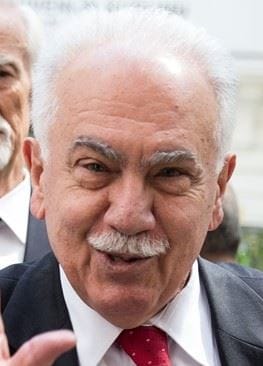
In many ways, Aydınlık's editorial policy is related to the leader of Vatan. Born in 1942 Perincek managed to be a Maoist in the 1970s and a participant in the cause of an ultranationalist group “Ergenekon"in the 2000s (the politician was sentenced to 117 years in prison, but then acquitted). And in 2016, after the coup attempt, he sharply replaced course and began to praise Erdogan. Unlike the Turkish authorities, who adhere to neutrality, Perincek approved a full-scale Russian invasion of Ukraine, declaring: “The weapons used by Russia...bring peace and tranquility.” Turkish politician openly supports Vladimir Putin, comparing the attack on Ukraine with the holy wars of the Prophet Muhammad, advertises in Aydınlık PMC "Wagner" and accuses Kyiv in neo-Nazism. His son Mehmet Perincek lives in Moscow, where he regularly speaks in political talk show, telling about the threats of the Western world and criticizing US and Ukrainian authorities.
What do Dugin and Prigozhin have to do with it?
In addition to the publication Aydınlık, the Vatan party has a fund Gorev, who oversees the operation of the platform United World International (UWI). This resource bills itself as a platform where intellectuals can unite to oppose the current unipolar world order. The site positions itself as an independent news and analytical portal; articles there are published mainly in English.
According to investigation center Digital Forensic Research Lab, official UWI Facebook page led two accounts: Dari Dashjbh Dashjbhtp And Daria Platonova. Both pages, as well as their associated profile @daridashjbh on Instagram, belonged to Daria Dugina, deceased in 2022, the daughter of the philosopher Alexander Dugin, who is called the ideologist of the Russian world. Judging by the activity in these accounts, Dugina used the pages Dari Dashjbh Dashjbhtp on Facebook and @daridashjbh on Instagram as personal, and in the profile of Daria Platonova she introduced herself as a political commentator Geopolitika.ru - a Russian analytical portal, which, like UWI, states its goal is to promote a multipolar world.
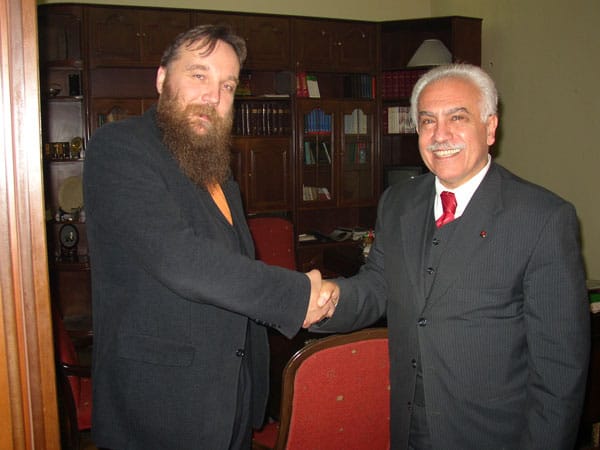
In 2020 Facebook blocked UWI pages due to its connection with the Internet Research Agency, Yevgeny Prigozhin’s “troll factory”. Two years later the UWI was, for the same reason, included on US sanctions lists.
On this portal from time to time appear links to other pro-Kremlin resources - Strategika And Katehon. The nominal leader of the latter is Alexander Dugin, and the founder is an entrepreneur Konstantin Malofeev, former chairman of the board of the Safe Internet League and founder of the ultra-conservative Tsargrad TV channel.
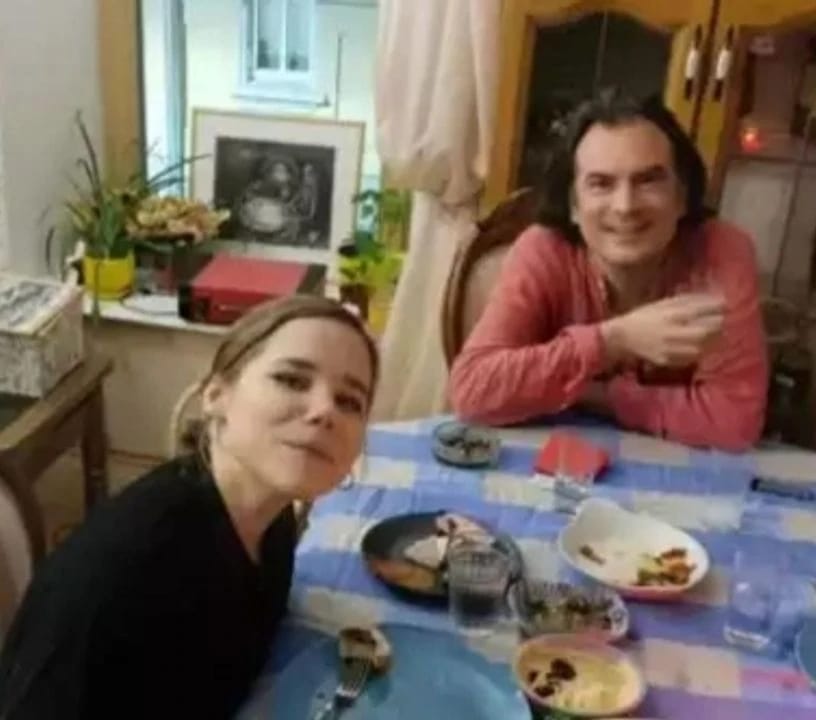
***
The story of Aydınlık clearly demonstrates the new reality of information wars. To spread fakes, it is no longer necessary to own your own “factory” for their production. It is enough to find an external partner - even a marginal and unpopular one in your homeland - who can give unreliable information the appearance of an independent (foreigners!) journalistic investigation. Aydınlık turned out to be such an ideal ally, whose publications confirm the Kremlin’s narratives.
Cover photo: collage “Checked”
- The Insider. Fake of the Kremlin media: Zelensky’s entourage is laundering multimillion-dollar sums with the help of a person involved in the NABU investigation
- Meduza. Alexander Dugin has been called the “brains” of the Kremlin many times
If you find a spelling or grammatical error, please let us know by highlighting the error text and clicking Ctrl+Enter.


